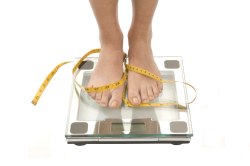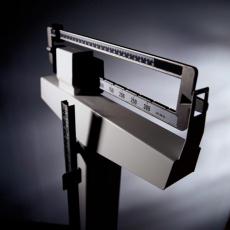Getting a better night's sleep is one of the easiest ways to lose weight. And, impressively, it's one of the most effective. Case in point: In one Annals of Internal Medicine study, dieters who got 8.5 hours of sleep per night lost twice as much fat as those who scraped by on 5.5 hours—even though they all cut the same number of calories each day.
As you might have guessed, how you get ready for bed has a huge impact on whether or not your sleep results in weight loss. And no, we aren't going to tell you to shut off your cell phone or reserve your bed for "sleep and sex." We're sure you already follow those rules of good sleep hygiene, right? (Wink, wink.)
Add these 6 habits to your bedtime routine, and you'll make your weight loss journey sooo much easier.
This article was originally published by our partners at WomensHealthMag.com.
Start
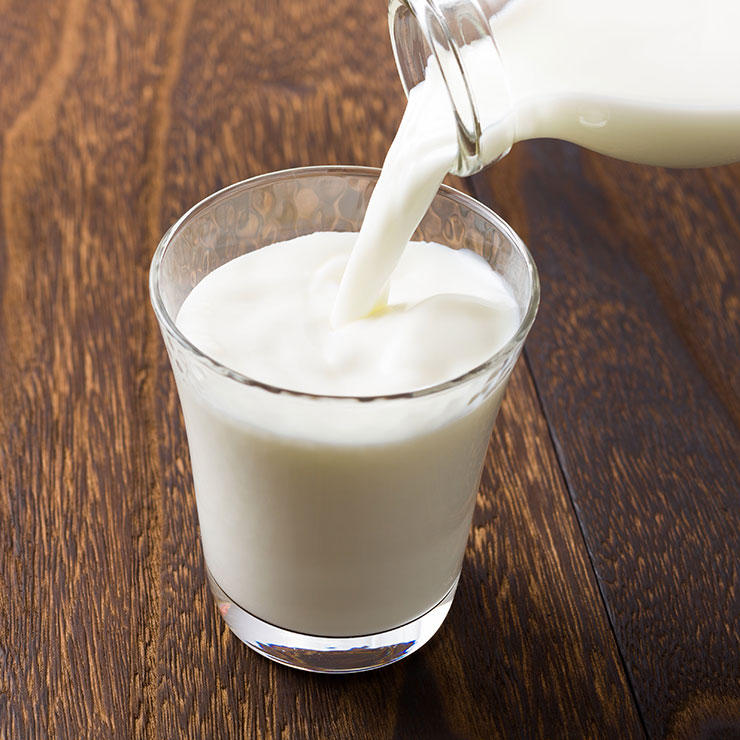 1/6
Get your dairy on.
1/6
Get your dairy on.
A glass of milk, cup of Greek yogurt, or even a protein smoothie before bed can do more than fight the pre-bedtime belly growls. They also help you build more muscle while you sleep. That's because dairy is chock-full of casein, a slow-to-digest form of protein that keeps exercisers' muscles fueled with amino acids, so they can build lean mass all night long, according to research published in Medicine and Science in Sports and Exercise. Just a refresher: Building muscle is the No. 1 way to increase your metabolic rate and burn more calories every day.
Turn down the temp.
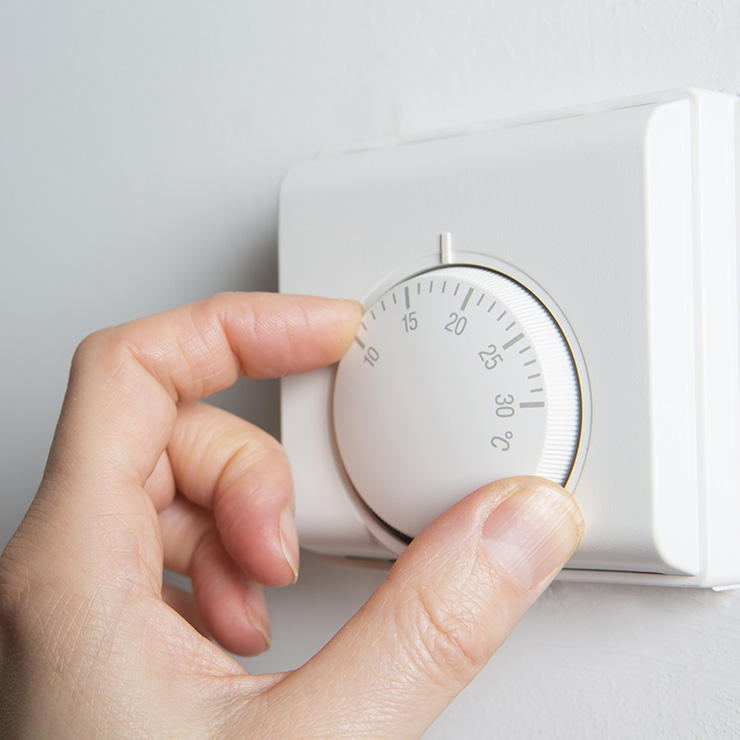 2/6
Turn down the temp.
2/6
Turn down the temp.
Fine-tuning the thermostat a couple of hours before bed can make drifting off to dreamland (and actually staying in it) way easier. "We need our body temperature to drop in order to sleep through the night," says Rebecca Scott, PhD, research assistant professor of neurology at the NYU Langone Comprehensive Epilepsy Center—Sleep Center.
Plus, research published in Diabetes shows that when people sleep in rooms set to 66.2 degrees, they convert some of their calorie-storing white fat into calorie-burning brown fat. Why? Because brown fat's in charge of heating your body, says board-certified family and bariatric physician Spencer Nadolsky, a doctor of osteopathic medicine.
Schedule in solo time.
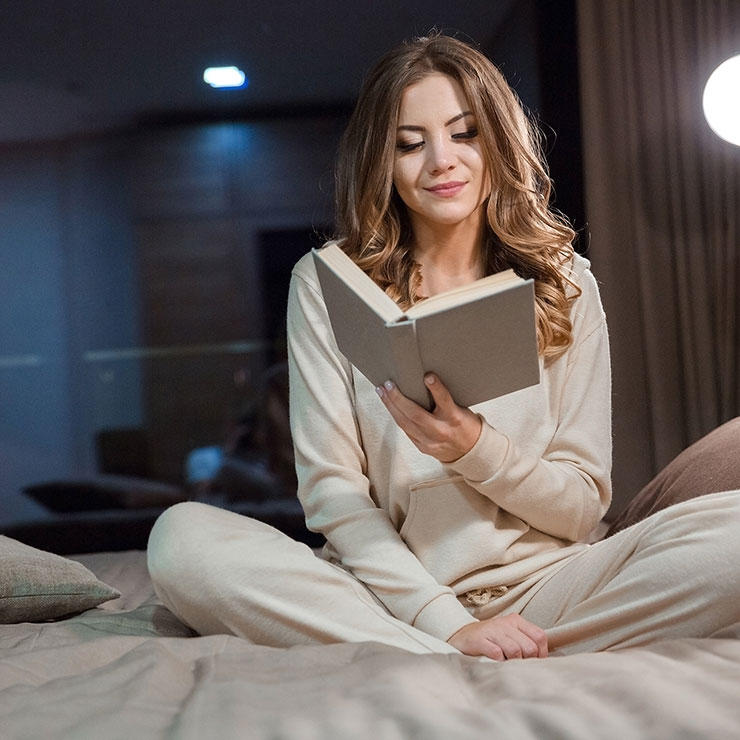 3/6
Schedule in solo time.
3/6
Schedule in solo time.
"Winding down before bed can seem like a waste of time when most of us are rushing to get everything done right up until we get in bed," says Scott. But it's actually better to take the 30 minutes before hitting the hay for yourself—even if that means going to sleep a little later, she says.
Do a relaxing activity that you truly enjoy, like reading. This helps protect your sleep and energy, he says. (Work toward your weight loss goals after a full night of shut-eye with these moves from Women's Health's Look Better Naked DVD.)
Set some mood lighting.
 4/6
Set some mood lighting.
4/6
Set some mood lighting.
Even without a bedtime gadget habit, bright lights coming through your bedroom windows can cut down on your body's production of sleepy-time melatonin, interfering with sleep quality, says Nadolsky.
That explains why, in one 2014 University of Oxford study, women who slept in the darkest rooms were 21% less likely to be obese than women who slept in the lightest rooms. But if you want to get the biggest benefit from "lights out," you need to dim your indoor lights along with the setting sun. Think about it: If you spend your evening hours in a brightly lit living room, you're missing out on a ton of melatonin that boosts your sleep, he says.
Do some bedtime yoga.
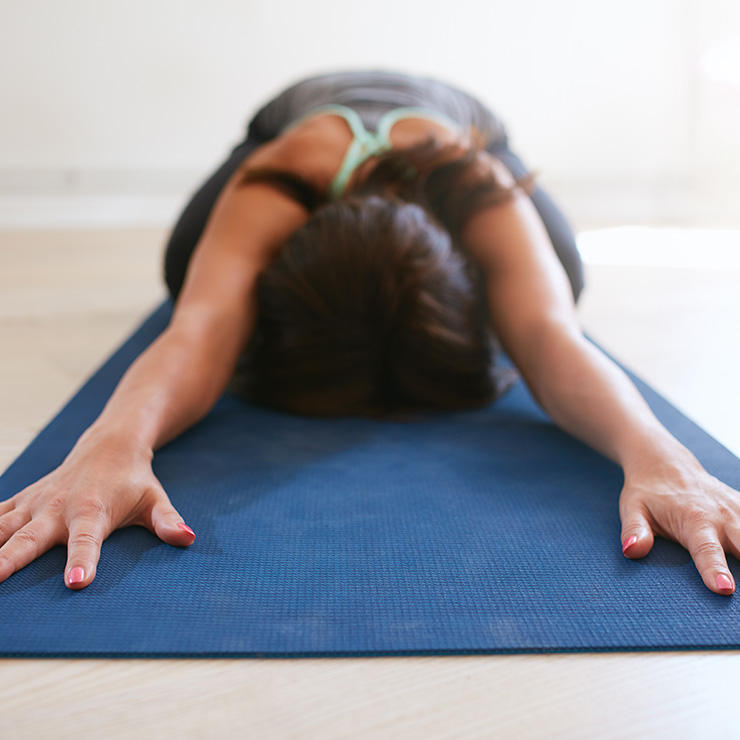 5/6
Do some bedtime yoga.
5/6
Do some bedtime yoga.
While intense exercise scheduled too close to bed can backfire by energizing you, performing some light stretching or yoga before (or even in) bed helps the body relax, says Nadolsky.
For even more relaxation, incorporate deep, diaphragmatic breathing into your moves. Here's how to do that: Breathe in through your nose and out through your mouth, focusing on taking slow, complete breaths that raise and lower your belly, rather than your chest. Doing so activates your "rest and digest" parasympathetic nervous system to reduce tension and help you fall asleep, he says.
Avoid the nightcaps.
 6/6
Avoid the nightcaps.
6/6
Avoid the nightcaps.
It might help you drift off (errr, pass out?), but it won't help you stay that way. "Alcohol consumed too close to bedtime can interfere with sleep quality in the second part of the night," says Scott. That's because metabolizing the sugar in alcoholic beverages doesn't let your body actually rest, he says. That results in longer light sleep stages, decreased dream sleep, and more fragmented dream sleep. In one 2015 University of Melbourne study, researchers said that the disruptions in a sleeping brain's wave patterns after a night of drinking are similar to those induced by mild electric shocks. Sounds like fun, right?
- Prev:I Lost 85 Pounds By Hula Hooping
- Next:The 3 Body Types—And How They Affect Your Weight Loss
 1/6
Get your dairy on.
1/6
Get your dairy on.
 2/6
Turn down the temp.
2/6
Turn down the temp.
 3/6
Schedule in solo time.
3/6
Schedule in solo time.
 4/6
Set some mood lighting.
4/6
Set some mood lighting.
 5/6
Do some bedtime yoga.
5/6
Do some bedtime yoga.
 6/6
Avoid the nightcaps.
6/6
Avoid the nightcaps.
